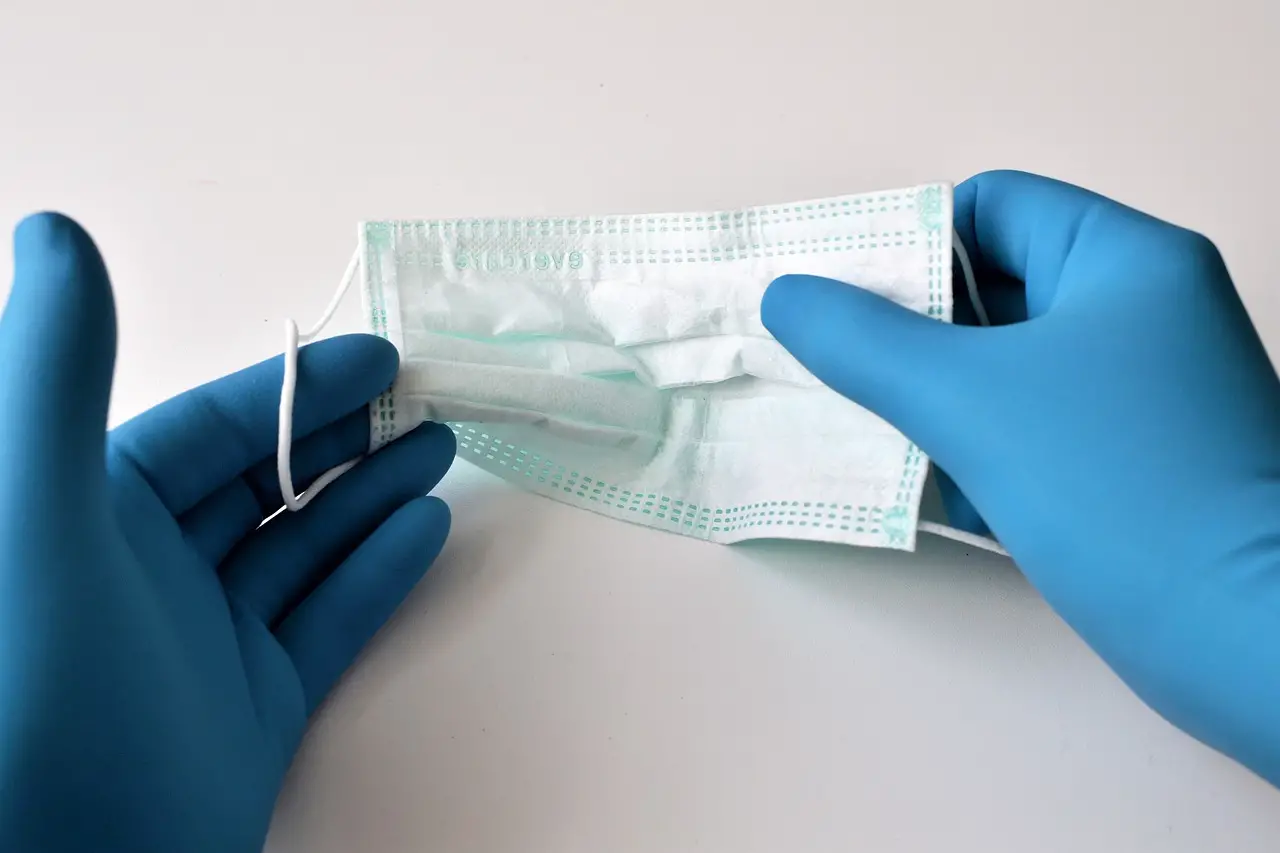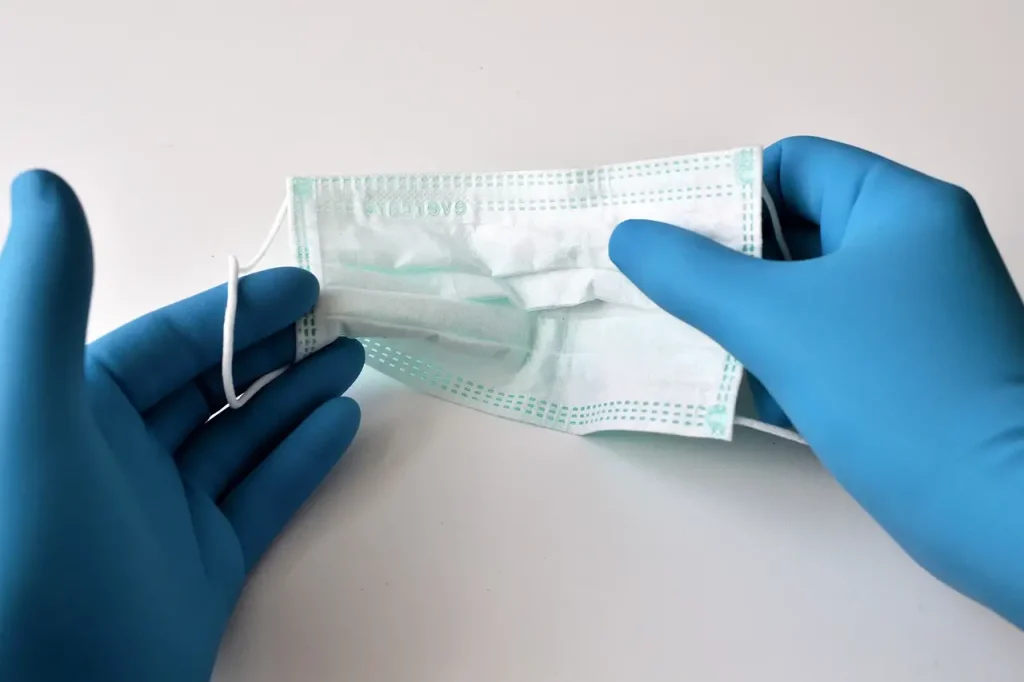
ZAGREB, Nov 16, 2020 – Prominent Croatian scientist Ivan Djikic said in an open letter on Monday that stricter epidemiological measures did work and described as incorrect some of the statements made by Health Minister Vili Beros and the head of the national COVID-19 response team, Davor Bozinovic, earlier in the day.
In his open letter Djikic commented on Minister Beros’s statement that after new epidemiological measures were introduced on October 26, the number of new coronavirus infections dropped and that if Croatia’s and other countries’ measures were compared, one could see that with less strict measures Croatia was achieving better or the same results as those countries.
“These statements are incorrect and are very likely being used for the purpose of media manipulation instead of presenting correct and publicly available data,” Djikic said, pointing to graphs that show that Croatia, with the most liberal epidemiological measures, has had a constant increase in the number of new infections, hospitalisations and fatalities when compared with some EU countries (Ireland, Slovakia, the Netherlands, the Czech Republic and France) which earlier had large numbers of infections and are now registering a decline “owing to the introduction of appropriate measures”.
He noted that it was not true that more stringent measures did not work as Croatians had been able to see their efficiency for themselves during the spring and pointed to the number of fatalities, which in the past two weeks has exceeded 500.
As for Minister of the Interior Bozinovic’s statement that the national COVID-19 response team would consider new measures if the number of new infections did not start falling this week, Djikic said that judging by the spreading of the infection so far, it was not likely that the number of new infections would decline in real time.
He called on the team to explain what the government’s strategy envisaged if the number of new infections does not fall signficantly or if the number of fatalities exceeds 1,500 or 2,000.
Limiting genetic testing to around 5,000 tests per day instead of testing at least 10,000 people per day will result in unreliable data on the number of infected persons, Djikic said, adding that it was not clear why the introduction of fast antigen tests was being delayed as they could help both economically and epidemiologically.
He noted that ministers should not be indifferent to the fact that in the past two weeks alone more than 500 people have died of coronavirus, which is 50% of the total number of COVID-related deaths so far.
“If you continue with the present liberal measures, the number of deaths will continue to grow just because you failed to react two weeks ago,” Djikic said, calling for closing down night clubs and bars, which have been among the main sources of infection since the summer.










